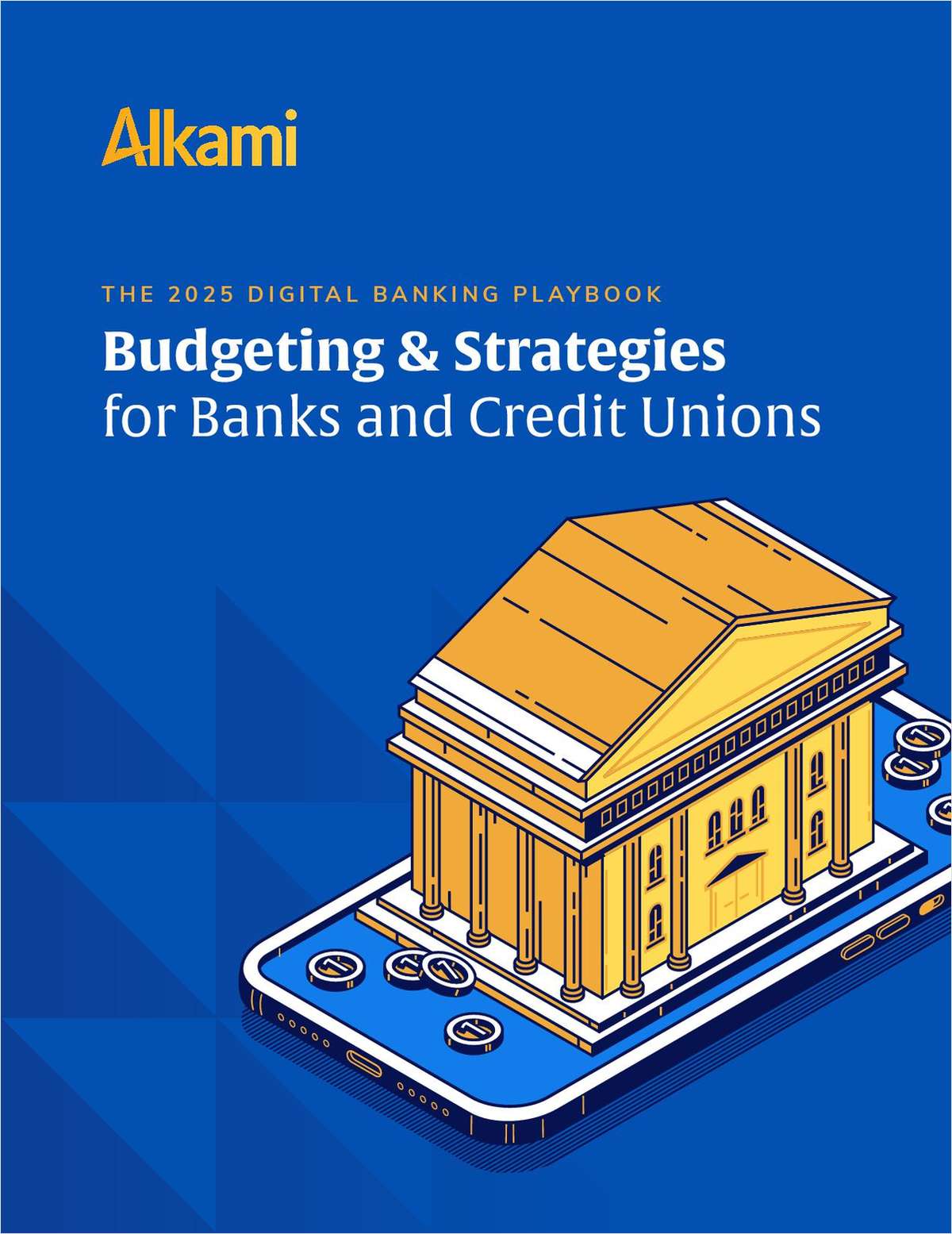TMG Financial Services, the only credit union-owned purchaser of CU card portfolios actively in the market, is looking for credit unions to help it purchase more.
The CUSO funds card portfolio purchases through soliciting investments from credit unions around the country, many of which are card issuers that will likely never sell their portfolios, according to TMG CEO Jeff Russell.
"We believe that there are many credit unions that are actively looking at selling their card portfolios for a variety of different reasons," Russell said. "We think its important to keep these assets in the credit union movement, if possible, and we offer credit unions a chance to invest in them." TMGFS is the card portfolio purchasing and issuing arm of the Members Group, a card processing CUSO affiliated with the Iowa Credit Union League.
To bolster its effort to gather investors, the CUSO released a white paper last week explaining how an investment effort called collateralized advance program works and outlining the opportunities.
"We estimate there are $130 million in portfolios currently in the pipeline for evaluation," the CUSO wrote in the paper, "Collateralized Advance Program: Investing In The Future."
"Clearly, not all of these portfolios will partner. Some credit unions are 'kicking tires' and decide instead to continue managing their portfolio. Others have a processing contract in place that will delay the purchase. And, with others TMG Financial Services will determine their credit card portfolios are not a good fit for our own portfolio. This landscape is important to understand-because even if selling your credit card portfolio isn't on the table for your credit union, for many others it is," the CUSO added.
Even though credit union card portfolio sales have slowed to a trickle, brokers and others familiar with the market say more credit unions than ever are considering selling-not because they dislike their portfolios or even necessarily believe they can't successfully issue cards but because they face pressures on their bottom lines.
"I would say that we see a marked increase in the numbers of credit unions coming to us to investigate whether to sell," explained Willie Koo, CEO of Asset Exchange. "But of course that's a long way from deciding they will sell and an even longer way from getting offers from buyers," Koo said.
Asset Exchange, which is owned by card processor Fidelity National Information Systems, brokers CU card portfolios and consults with credit unions on improving card performance.
Koo speculated that TMG might benefit both from being the only CU-owned buyer active in the market right now and from being more familiar with credit unions than other buyers. Koo explained that one of the most distinct parts of the current market is the reluctance of some to buy a card portfolio from a credit union that the buyer perceives might be on shaky ground economically or that might be a merger candidate.
TMG might benefit from knowing more about credit unions and how they operate as well as their risks, he observed.
TMG also differs from other CU card portfolio buyers in that it funds its purchases with investments from other credit unions, many of which are likely card issuers that will not sell their card portfolios, Russell said.
Russell pointed to credit union's history of sound credit card underwriting as a reason CU card portfolios are a good investment. Credit unions have long subscribed to the idea that the best risk management is sound underwriting, so a majority of the portfolio owned by TMG Financial Services is high quality, he maintained.
"Accounts have reasonable credit lines and the average cardholder has a FICO score of 720," the CUSO said in its paper. "Consider that credit unions as a whole have traditionally fared better than their bank counterparts. Typically credit union credit card charge-offs are 35%-45% of bank charge-offs. This is directly related to strong risk management practices."
TMG pointed out that investments with it are structured as a loan to a CUSO, often carry a higher return than CDs, have a one-year, fixed interest rate on commitment and that the CUSO assumes all credit and fraud losses, these costs are not shared with lenders, TMG said.
–[email protected]
Complete your profile to continue reading and get FREE access to CUTimes.com, part of your ALM digital membership.
Your access to unlimited CUTimes.com content isn’t changing.
Once you are an ALM digital member, you’ll receive:
- Breaking credit union news and analysis, on-site and via our newsletters and custom alerts
- Weekly Shared Accounts podcast featuring exclusive interviews with industry leaders
- Educational webcasts, white papers, and ebooks from industry thought leaders
- Critical coverage of the commercial real estate and financial advisory markets on our other ALM sites, GlobeSt.com and ThinkAdvisor.com
Already have an account? Sign In Now
© 2025 ALM Global, LLC, All Rights Reserved. Request academic re-use from www.copyright.com. All other uses, submit a request to [email protected]. For more information visit Asset & Logo Licensing.









